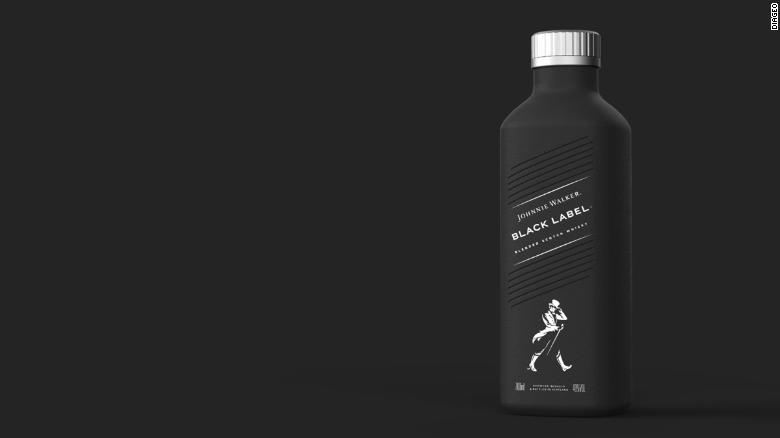And for good reason: Climate change is one of the biggest risks to business’ long-term survival. Massive amounts of plastic have piled up in landfills, some emitting greenhouse gases and contributing to global warming over the near eternity they take to degrade.
Also, consumers are increasingly seeking out companies that value cutting their climate risk. Here are some new “green” products that came out this week:
Burger King’s new Whopper
Burger King has sold a meatless alternative to its iconic Whopper for about a year using Impossible’s plant-based product. But for the meat eaters out there, Burger King is making the flagship burger a little more planet friendly.
The chain announced this week it’s changing its cows’ diet by adding 100 grams of lemongrass to reduce methane emissions, aka cow burps and farts. Those emissions are one of the key contributors to climate change because the gas traps the sun’s heat and warms it.
The Restaurant Brands International-owned company said the new lemongrass-fed beef is being used in Whoppers at some restaurants in Austin, Los Angeles, Miami, New York and Portland.
Around 50% to 65% of all methane emissions come from human activities, including factory farming, according to the Environmental Protection Agency.
Johnnie Walker’s paper bottles
Johnnie Walker drinkers will soon be able to pour their Scotch whisky from a planet-friendly bottle. It announced the creation of a paper-based spirits bottle made from sustainably sourced wood earlier this week.
“The technology will allow brands to rethink their packaging designs, or move existing designs into paper, whilst not compromising on the existing quality of the product,” Diageo said in a release.
The plastic-free packaging is expected to debut early next year and will help the company meet sustainability goals set by the United Nations.
Nissan this week debuted its first all-electric SUV, called the Ariya, which can drive up to 300 miles on a single charge. The new vehicles comes a decade after it became one of the first major car companies to offer an all-electric car when it introduced the Leaf.
Electric vehicles haven’t met the mass adoption as predicted. Last year, they only made up just 2.6% of all cars sold globally, according to the International Energy Agency. Besides the Leaf, the only other electric vehicle Nissan offers widely is the eNV, a plug-in version of the Nissan NV van, which isn’t sold in the United States. Nissan executives have said the company will come out with eight new electric vehicles by 2022.
The Ariya will go on sale in Japan in the middle of 2021 and in United States later next year. It starts at about $40,000.
Chipotle cauliflower rice
Chipotl is testing riced cauliflower as customers’ tastes continue to shift toward plant-based and low-carb options.
The cilantro-lime flavored rice alternative is currently available in 55 restaurants in Denver and throughout Wisconsin for a limited time.
Like its “regular” rice counterpart, naturally grown foods could help reduce climate change, according to a 2018 study. It found that as a result of population growth and the continued consumption of Western diets high in red meats and processed foods, the environmental pressures of the food system could increase by up to 90% by 2050.
However, Chipotle doesn’t foresee offering a meat alternative, like Beyond or Impossible, because it’s too processed and doesn’t align with its mission of serving “whole” foods. It does offer vegan sofritas, a brasied and chopped tofu, and is one of the most vegetarian friendly chains out there.

